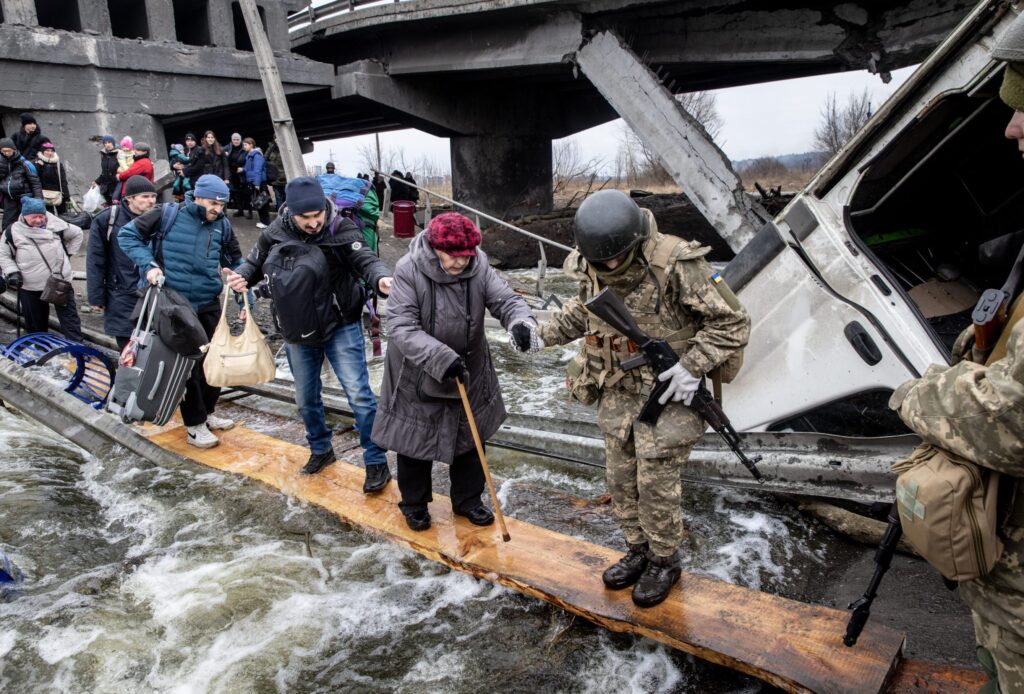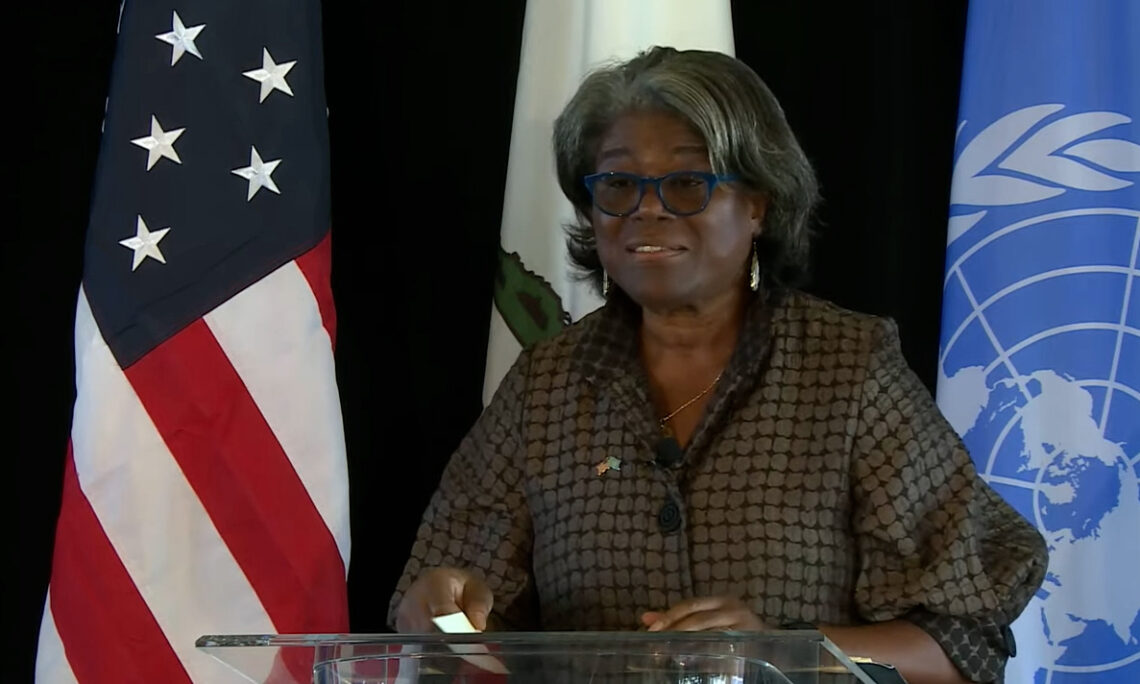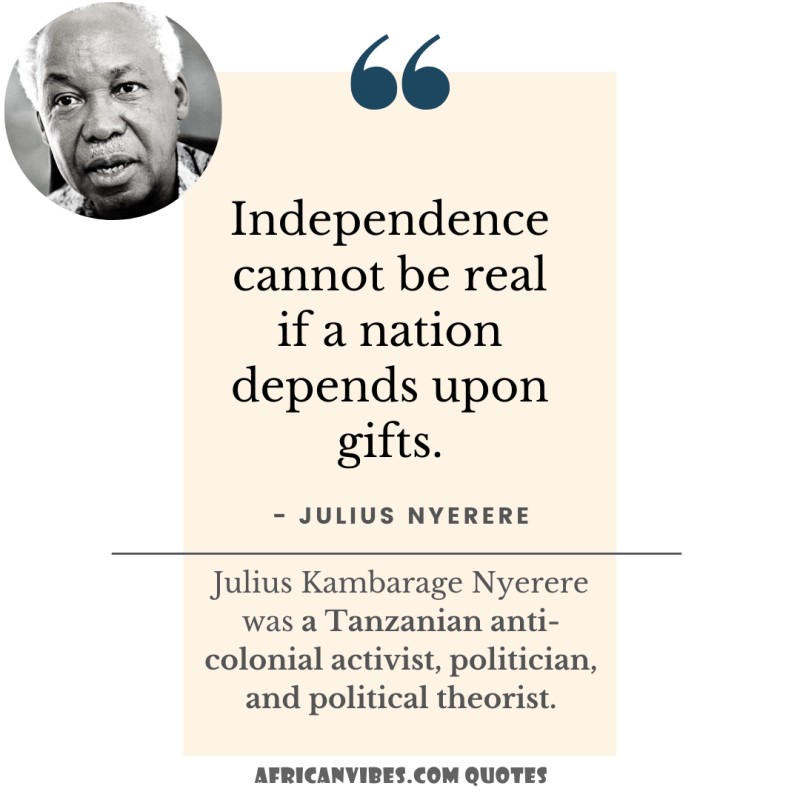Discussion: Who Should Africans Support In The Putin Russian Ukraine War?


The Russo-Ukrainian war that began in 2014 escalated in February 2022 after Russia invaded Ukraine. Properties, lives, and economies in the region have continued to deteriorate with the ongoing Putin Russian Ukraine war. However, the impact has stretched beyond their borders and affected other parts of the world.
Reports show that some African nations have experienced massive food and energy shortages due to the war. The impact has been worse on countries that rely on grain imports from Ukraine. As a result of the war, getting grains out of Ukraine has become harder, leading to rising global prices.
Ever since the Putin Russian Ukraine war erupted, many countries around the globe have either expressed their support or disapproval. Yet, some countries have chosen to remain neutral. Africa is stuck at crossroads. While some African countries think Russia’s action is justifiable, others think it is uncalled for.
ALSO READ: Discussion: 5 Reasons Every African Should Be Worried About Russia-Ukraine Conflict
Russia has set out strategies to maintain ties with African nations. In its 2023 Russia-Africa summit, Russia plans to establish better foreign policies with Africa on trade and development. The goal is to strengthen Russia’s relationship with Africa, as stated in the Summit’s agenda. Additionally, Russia is offering mercenaries to combat terrorism in regions like the DRC.
If African nations were to side with Russia based on the promises they are receiving, what would be the impact? Will Africa’s ties with the United States and Europe influence the continent’s decision on who to support?
Why is U.S. Ambassador to the UN threatening Africans against buying from Russia?

Linda Thomas-Greenfield, U.S. Representative to the United Nations (Photo source: usun.usmission.gov)
The U.S. ambassador to the United Nations, Linda Thomas-Greenfield, shocked Africans with comments she made in an interview. She said Africa would be “breaking sanctions” by buying goods from Russia. This comment was met with backlash from African leaders and the world at large.
After the Putin Russian Ukraine war intensified, the US imposed stringent sanctions on Russia. According to the Russian foreign minister, this is the reason for increased food prices. Conversely, the U.S. ambassador to the United Nations maintains that the invasion by Russia is to blame for the same.
She added that Africans would be breaking sanctions if they engaged Russia in anything besides buying food and fertilizer. According to the U.S. ambassador, this breach would have negative consequences.
It is pertinent to reiterate that African nations are sovereign i.e. they can make decisions without seeking approval from third parties. While African leaders have remained focused on solving the continent’s food insecurity crisis, they still need to tread cautiously not to annoy the West.
Breaking ties with the West will have serious consequences for African economies. On 5 September 2022, the U.S. embassy revealed that the United States has provided nearly $1 billion to Africa “in emergency food security assistance to countries in Africa suffering from extreme hunger and malnutrition.”
On the other hand, Russia’s trade with Africa is valued at about $20 billion. However, the bulk of that money is in Russia’s favor in form of arms and grain export. In terms of economy, Africa has more to gain from the West than aligning with Russia.
ALSO READ: Ukraine Crisis: Racism, Neo Nazis, and African Government Response
But, will you blame African leaders for desperately looking for ways to solve the continent’s spiraling security and hunger challenges—regardless of where they think the help will come from? Also, does rendering assistance to someone in need endow you with the power to control their decisions?
Which African countries are most affected by the Russia and Ukraine war?
Different African nations have been impacted in different ways by the ongoing Putin Russian-Ukraine war. While some nations have experienced devastating effects, others nurse mild impact. The impact has been felt by African countries that rely on grain imports from Russia and Ukraine.
Before the Putin Russian-Ukraine war started, many African nations sourced 32% of their wheat supply from Ukraine. Since the start of the Putin Russian Ukraine war, countries in the North African region like Egypt and Libya have suffered shortages of wheat.
To help combat the shortage, experts have recommended diversified import partnerships and domestic production, which have yet to catch up with the huge wheat consumption in these nations. For instance, Egypt’s bread consumption is double the global average.
The food shortage could lead to a humanitarian crisis in ASAL regions such as Ethiopia, Somalia, and some parts of Northern Kenya. These regions are experiencing the worst famine in decades which has been made worse by the shortage of imports from Ukraine.
ALSO READ: Racism At the Ukraine-Polish Border May Change People’s Opinion About The War
According to the UN, about 7.8 million people have been affected by drought in Somalia. Consequently, humanitarian coordinators at the UN are exploring possible solutions to prevent a humanitarian crisis.
What does Ukraine supply to Africa?

Navi Star carrying tons of grain from Ukraine (Photo by Yasin AKGUL / AFP)
The major exports of Ukraine to Africa are corn, wheat, and sunflower oil, all of which are staple foods in most African households. Since the production capacity of most African nations is insufficient for the growing population, they relied on Ukraine for the supply of these products for years to make up for the deficit.
Thanks to UN intervention, Kenya recently received wheat exports from Ukraine. Ukraine urges African nations to play a part in ending the conflict. While no terms were clearly outlined, the statement insinuated being on Ukraine’s side.
What does Russia supply to Africa?
Russia supplies about 40% of the grain demands in Africa. Additionally, Russia exports fuels to several African nations. South Africa is already considering importing Russian oil to help curb energy inflation.
Africa’s trade with Russia is highly tilted in Russia’s favor. Apart from grain and fuel, Russia also exports arms to Africa. Some West African countries have started inviting Russian mercenaries to help fight jihadist groups.
ALSO READ: Ruto Wants To Reduce Kenya’s Energy Cost With $1.1bn Project
However, the West strongly advises against such a move, saying it is a ploy by Russia to further plunder their host countries. According to the West, the mercenaries make excessive demands, and getting them to leave the country is not always easy.
Experts believe that the only way Africa can get over the control of the West is for the various governments to aim for self-sustainability. If Africa is always relying on loans and aid from the West, the continent will continue to have a muffled voice on international issues.

Can Africa afford to stay neutral in the Putin Russian Ukraine War?
Africa continues to be torn by the Putin Russian Ukraine war. This is because Africa has alliances with both Russia and Ukraine. Picking sides may mean severing diplomatic relations with the other side. Either way, there will be a repercussion.
The head of the Horn Institute for Strategic Studies, Hassan Khannenje, thinks that the influence of Africa on Russia and Ukraine is limited to the diplomatic relations they share. Therefore, Khannenje feels that Africa should have a neutral stand, or as he puts it, “Africa’s say in the conflict is limited.”
Africa’s neutrality can also attract negative reactions from the warring parties. The worst-case scenario will be an increased food shortage if both parties decide not to export grains to Africa anymore. However, the impact will be minimal if Africa finds alternative solutions to the food crisis.
ALSO READ: Help On The Way For Starving 1.4 Million Children In The Horn Of Africa
Perhaps, neutrality is the best position for Africans to be in since none of the parties can directly accuse the continent of supporting the other party. Moreover, will the West and East even bother if two neighboring African countries were locked in territorial conflict?
Conclusion
The Putin Russian Ukraine war exploded when the world economy was trying to clean the mess of the COVID-19 pandemic. Africa was clearly unprepared for the food and fuel crisis it is experiencing due to the conflict.
Africa is feeling the heat of the Putin Russian Ukraine war because of the continent’s lack of self-sustainability in virtually every sector. Over-reliance on external help to supply essential commodities like food and energy poses a huge threat to Africa’s sovereignty.
African governments have to do all it takes to become self-sufficient moving forward. The supply of essential commodities such as food and fuel should not depend on another country’s political stability. It may take a while to reach the goal but it will be worth it.






Responses